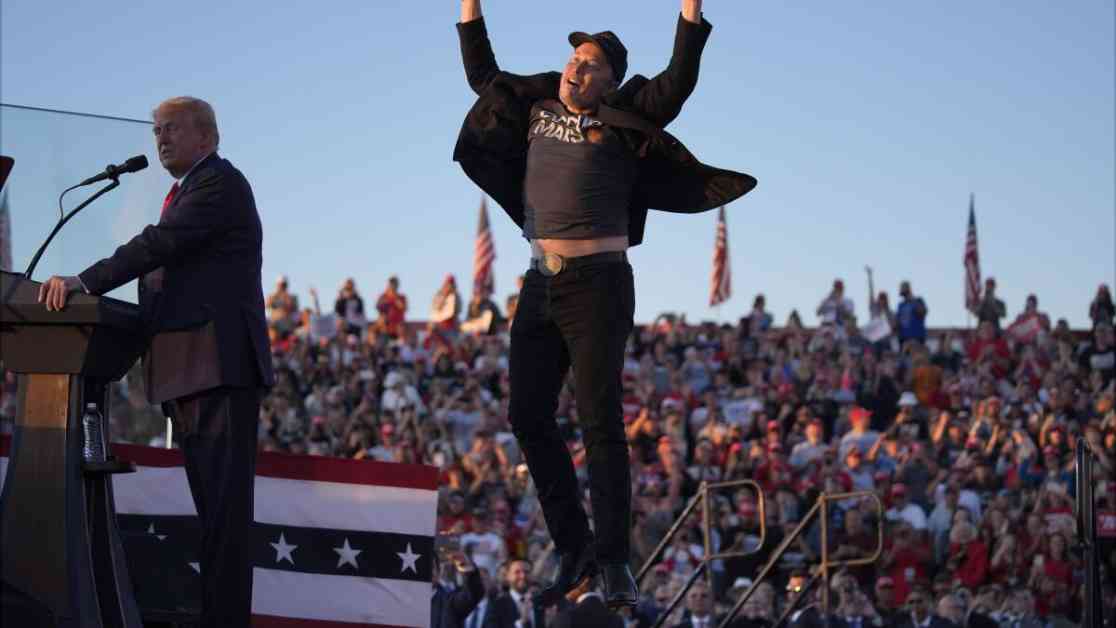Elon Musk’s recent voter registration lottery scheme has generated significant controversy and raised questions about its legality. The billionaire entrepreneur announced his plan to award $1 million each day to a randomly selected registered Pennsylvania voter who signs a petition expressing support for the 1st and 2nd Amendments. Musk has since expanded the sweepstakes to include voters from other key battleground states like Georgia, Nevada, Arizona, Michigan, Wisconsin, and North Carolina.
The underlying motivation behind Musk’s initiative seems to be to attract new voters who are likely to support Donald Trump in the upcoming election. Both the Trump and Harris campaigns are actively working to mobilize voters in an effort to secure victory. Musk’s unconventional approach, while creative, has raised concerns about its compliance with election laws.
Federal law prohibits the payment of individuals to register to vote, emphasizing the importance of free will in exercising the right to vote. Musk’s lottery scheme, although seemingly designed to comply with the law, may still run afoul of these regulations. The Department of Justice has reportedly raised concerns about the legality of the scheme, but enforcement actions in such cases are often challenging and rarely pursued.
Despite potential legal issues, Musk’s lottery has managed to attract attention and incentivize voter registration. The promise of a life-changing payout has encouraged individuals to register and participate in the electoral process. While the scheme may not guarantee that participants will vote or support a particular candidate, it has succeeded in engaging potential swing-state voters who may have otherwise remained disengaged.
The broader implications of Musk’s voter lottery raise important questions about election integrity and the enforcement of election laws. Similar to past instances of electoral irregularities, the challenges of addressing violations in a timely and effective manner remain significant. The complexities of election law enforcement, coupled with the limited window of opportunity to intervene before voting concludes, underscore the need for greater vigilance and oversight in safeguarding the electoral process.
As the upcoming election approaches, the stakes are high, and the margin of victory may hinge on a small number of votes in key battleground states. While Musk’s lottery scheme may be an outlier, it serves as a reminder of the vulnerabilities inherent in the electoral system. Efforts to ensure fairness, transparency, and compliance with election laws are essential to upholding the integrity of the democratic process.
In conclusion, Musk’s voter registration lottery has sparked debate and scrutiny, highlighting the intersection of wealth, politics, and legality in the electoral arena. The ongoing discussion surrounding the scheme underscores the importance of upholding democratic principles and protecting the integrity of the voting process. As the election unfolds, the outcomes of such initiatives will shape public perceptions of fairness and accountability in the electoral system.



























